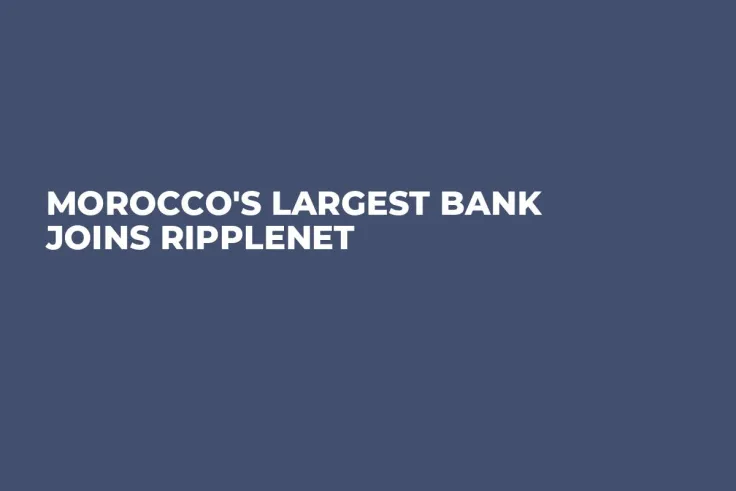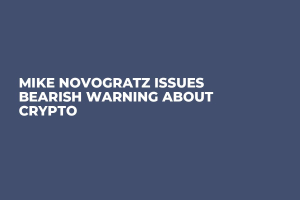
Attijariwafa Bank, the largest banking institution in Morocco with $53.3 billion worth of assets under management, has joined the RippleNet network, according to a recent report published by Boursenews.
The tie-up will allow the bank to conduct instantaneous transactions with its partners.
Attijariwafa Bank also announced a partnership with Thunes, a business-to-business (B2B) cross-border payments network based in Singapore.
RippleNet's banking partners include Santander, Bank of America, IndusInd Bank, Banco Rendimento and others.
Last month, CEO Brad Garlinghouse announced that Ripple had had its best year to date, with On-Demand Liquidity, a payment solution that uses XRP as a bridge currency, now accounting for a fourth of all transactions.
Adnane Driouech, head of international cash management at the Rabat-based bank, describes blockchain as a "fast and foolproof" way of transferring money.
Attijariwafa Bank, whose shares are trading on the Casablanca Stock Exchange, has more than 4,900 branches in the U.K., China, Madrid, Tunisia and other countries.
Ripple's strong presence in the Middle East
Ripple has been laser-focused on MENA countries for years. The region has become the place to be for the embattled company due to legal troubles on its home turf.
In late 2018, the National Bank of Kuwait launched a remittance service powered by Ripple. Last May, the National Bank of Egypt joined the RippleNet network.
In an October interview with Bloomberg, Garlinghouse said that the Middle East was Ripple’s fastest-growing region. This came shortly after Ripple announced a partnership with a Dubai-based foreign exchange company called Al Ansari Exchange.

 Vladislav Sopov
Vladislav Sopov Dan Burgin
Dan Burgin